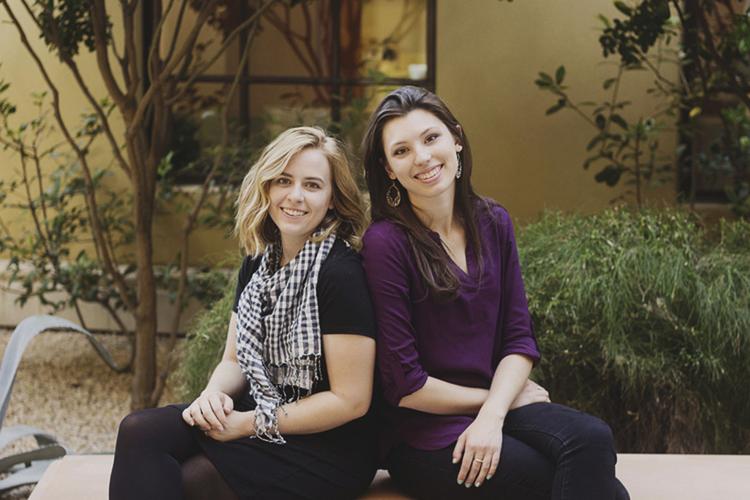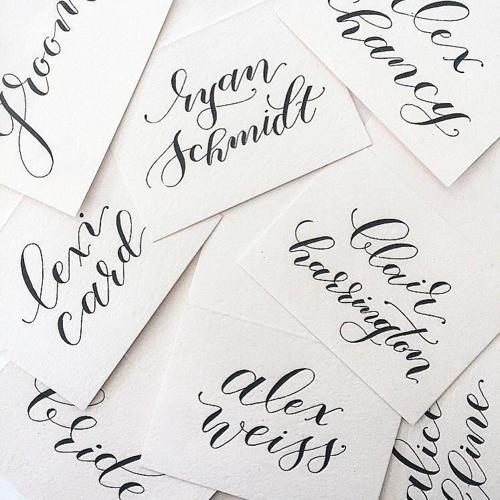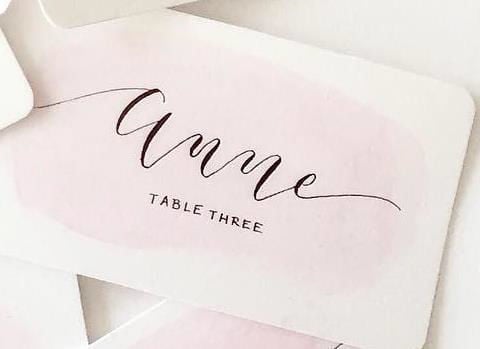PHOENIX — The Arizona Supreme Court court is poised to decide exactly how far business owners can go in refusing to serve customers because of their sexual orientation.
Lawyers for Breanna Koski and Joanna Duka, owners of Brush & Nib Studio, will argue Tuesday that they cannot be forced to use their talents to design custom wedding invitations, place cards and other material if the happy couple is of the same gender. They say they are devout Christians and contend their sincerely held religious beliefs trump the ability of the city of Phoenix to enforce its ordinance barring places of “public accommodation’’ from discrimination based on sexual orientation.
Attorneys for Phoenix, however, say the issue is simple: Once the women opened for business and began soliciting customers, they cannot pick and choose whom to serve.
Officially, the only thing before the state’s high court is the request by the women for a ruling declaring the Phoenix ordinance unenforceable, at least against them. But the outcome will determine where the line is drawn between the right of governments to prevent discrimination and the right of individuals to follow what they say are their religious beliefs.
That line was supposed to have been drawn last year by the U.S. Supreme Court, hearing the case of a Colorado baker who was cited for refusing to craft a wedding cake for a same-sex couple.
But the justices sidestepped the issue. They overturned the trial court ruling against the baker — but only because he had not received a fair hearing before the Colorado Civil Rights Board.
That lack of clear precedent has not stopped dozens of organizations from filing their own legal briefs, each citing what they say are legal precedents the Arizona justices should follow.
For example, attorneys for Americans for Separation of Church and State point to a clause of the U.S. Constitution which forbids not just the establishment of a state religion but also forbids any laws that favor one religion over another. They contend that allowing the women to use their claim of religious beliefs effectively creates a substantial burden on those who do not share that belief.
And Lambda Legal cited a whole series of cases it says stand for the proposition that religious beliefs do not trump anti-discrimination law. That includes a ruling against business owners who refuse to serve blacks because of religious beliefs against integration.
There’s also the historic 1967 U.S. Supreme Court ruling overturning Virginia’s interracial marriage ban, where the trial judge said that, “Almighty God creates the races white, black, yellow, malay and red, and he placed them on separate continents’’ and therefore “did not intend for the races to mix.’’
But the Cato Institute said forcing the women to craft something that goes against their religious beliefs is akin to forcing them to express a viewpoint with which they disagree.
Their lawyers cite a 1977 U.S. Supreme Court decision that concluded states cannot force people to display any specific messages on their license plates. And they say if people can’t be forced to display a message contrary to their beliefs, it follows that they can’t be forced to write out a message that violates their beliefs.
And a legal brief by the Jewish Coalition for Religious Liberty says even though the U.S. Supreme Court ruled in 2015 that gays have a right to marry, nothing in that ruling requires that others share that belief — or allows that they be forced to act in ways that endorse same-sex nuptials.
One issue that the justices may have to struggle with is the question of whether what the women are being asked to do effectively forces them to use their skills to express a viewpoint with which they disagree. And caught up in that could be a deeper question of what, exactly, is art. The court may balk at telling artists they have to use their talents to create something that is antithetical to their beliefs.
Attorneys for the Alliance Defending Freedom, the Christian law firm that is representing the women, said forcing them to design a wedding invitation for a same-sex couple would be the equivalent of requiring an artist to accept a commission to paint swastikas.
But Judge Lawrence Winthrop, writing last year for the state Court of Appeals, suggested that what the women were being produced hardly qualified as forcing them to express a sentiment with which they disagree. He said the items the women would produce “would likely be indistinguishable to the public’’ whether the invitations were for a heterosexual or homosexual couple.
“Take for instance an invitation for the marriage of Pat and Pat,’’ Winthrop wrote. He said that could have been created for Patrick and Patrick, or Patrick and Patricia.
“The invitation would not differ in creative expression,’’ the judge wrote for the unanimous court in upholding the Phoenix ordinance. And he rejected the idea that selling that invitation to a same-sex couple would be a forced endorsement of the marriage.
“It is unlikely that a general observer would attribute a company’s product or offer of services, in compliance with the law, as indicative of the company’s speech or personal beliefs,’’ he wrote.






